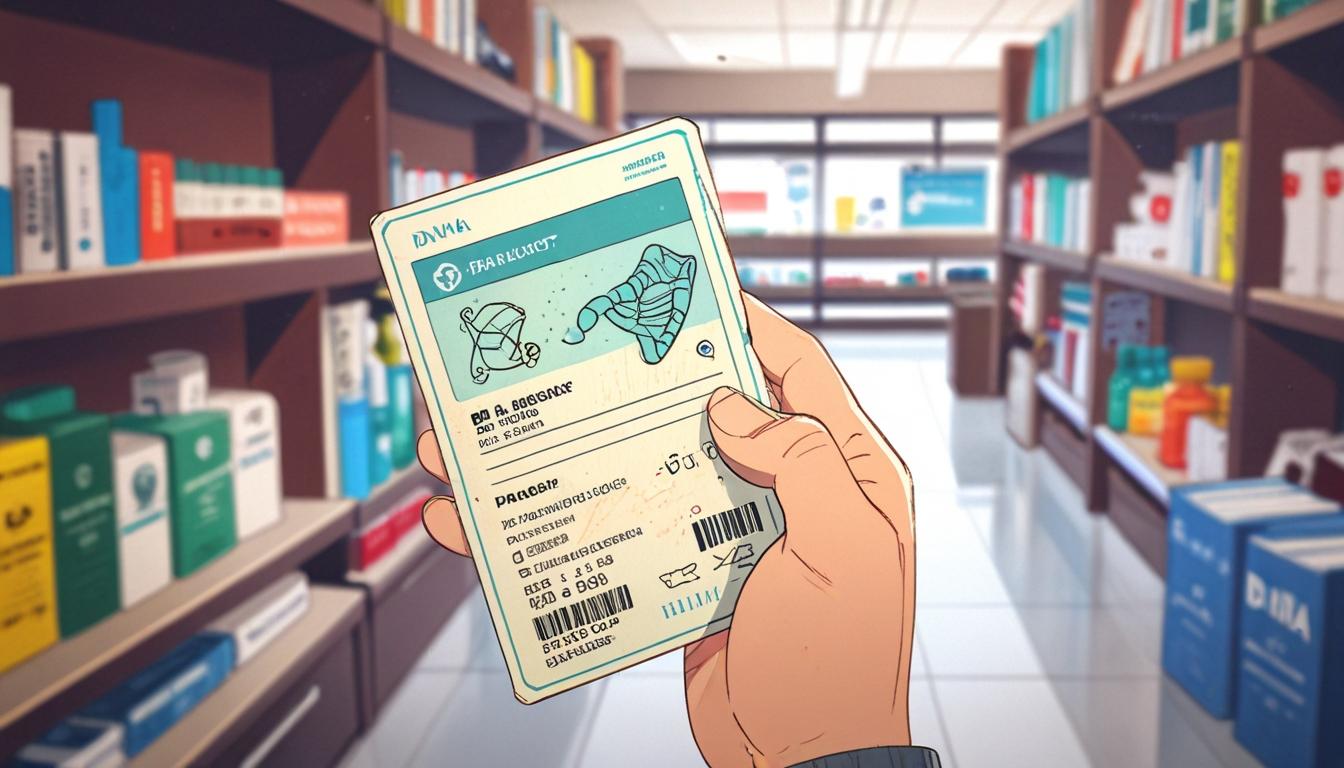When Ron van Schaik steps into his local pharmacy in Rotterdam, he relies on two essential cards: a credit card for his purchases and a 'DNA medication passport', which holds vital information regarding his genetic predisposition to respond to various medications. Van Schaik, who serves as a professor of pharmacogenetics at the Erasmus Medical Centre, reflects a growing trend in the Netherlands where patients possess personal genetic profiles that guide medication prescriptions. This initiative is designed to optimise drug efficacy and reduce the risk of adverse reactions.
In the Netherlands, a country often lauded for its innovative healthcare approaches, these medication passports serve as a critical tool. They compile results from pharmacogenetic tests commissioned by general practitioners or specialists, ensuring that medications prescribed align with individual metabolic capabilities. As Van Schaik notes, “You can go to any pharmacist in any small village [in the Netherlands], show the ‘DNA medication passport’ and tell them which drug you need”, allowing for swift adjustments to dosages based on detailed genetic insights. Health insurance covers the costs of these tests, making them accessible to a broad swath of the population.
This focus on personalised medicine is not unique to the Netherlands. Globally, healthcare systems are starting to embrace the idea that a one-size-fits-all approach may no longer suffice in effective medication management. The urgency of this shift is underscored by alarming statistics: the number of deaths resulting from adverse drug reactions has tripled over the past decade, signalling a public health crisis as Dr Adrián Llerena, director of Extremadura University Biosanitary Research Institute INUBE, points out. His research indicates that a striking 28% of the population has experienced adverse drug reactions at some point in their lives. In response to this growing concern, the Spanish government recently mandated free genetic testing for patients when prescribing certain medications, further expanding the scope of personalised healthcare.
Meanwhile, in the UK, researchers are actively working to ensure inclusive pharmacogenetic testing. At the University of Liverpool’s Institute of Systems, Molecular and Integrative Biology, Professor Sir Munir Pirmohamed focuses on the genetic factors influencing reactions to cancer drugs, particularly fluoropyrimidines. Without appropriate adjustments based on genetic predispositions, patients may face life-threatening toxicity. The NHS has been conducting routine testing since October 2020, encompassing around 45,000 patients annually and showcasing a commitment to preventative healthcare measures.
However, while strides are being made, concerns remain about the representation of diverse genetic backgrounds in testing frameworks. Pirmohamed highlights the current limitations of testing panels that primarily reflect genetic variants from white populations. This lack of inclusivity risks perpetuating health disparities among minority groups. To counter this, ongoing research seeks to broaden the range of variants tested, ensuring that patients of all backgrounds receive equitable treatment.
The implications of such advancements are profound. The PREPARE trial, which investigated a 12-gene pharmacogenomic panel for tailored treatments across seven European countries, revealed that personalised approaches could reduce adverse drug reactions by nearly a third. As pharmacogenomic testing becomes more integrated into clinical practice, the potential for enhancing patient safety and minimising preventable hospital admissions rises significantly. The economic advantages are equally compelling, as reducing the incidence of adverse reactions can alleviate pressures on already strained healthcare systems.
The shift towards personalised medicine represents a promising frontier in healthcare, poised to not only improve patient outcomes but also to transform how medication is prescribed. By placing emphasis on individual genetic profiles, countries like the Netherlands and initiatives underway in Spain and the UK highlight the necessity of adopting a more nuanced approach to medication management—perhaps heralding a new era in the fight against adverse drug reactions.
Reference Map
- Paragraphs 1, 2
- Paragraphs 3, 4
- Paragraph 5
- Paragraph 5
- Paragraphs 6, 7
- Paragraph 6
- Paragraph 7
Source: Noah Wire Services
